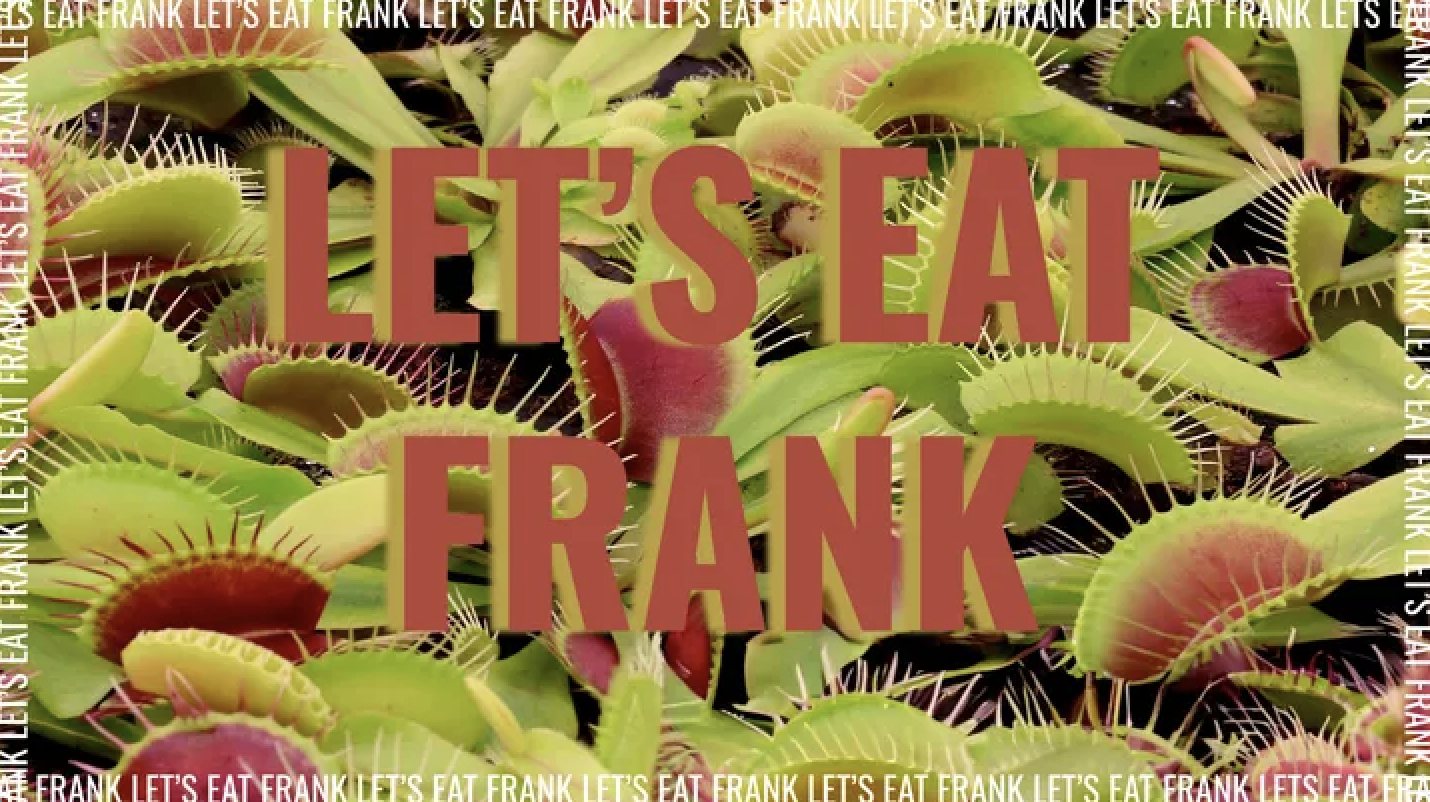Anthropocine is a documentary production collective using film as a tool to support movements, not just document them. Our goal is to tell stories that challenge systems, center care, and contribute to the communities we’re covering — not just extract from them. We believe that film can be a vehicle for impact when it’s made with intention, collaboration, and deep respect for the people whose stories are being told.
Our work spans short-form documentaries, community-based storytelling, and partnerships with grassroots orgs, educators, and advocates. Whether we’re highlighting environmental injustice, mutual aid efforts, or intergenerational activism, we’re always asking: who is this for, and how can it serve beyond the screen?
I co-founded Anthropocine with a group of friends from Wesleyan, brought together by a shared frustration with the way urgent issues — especially around climate and social justice — are often represented in media. We wanted to create something different: a collective rooted in trust, transparency, and creative collaboration. Since then, we’ve grown into a small but passionate team committed to using film to amplify voices, drive conversations, and contribute to real-world change.
When we started Anthropocine, I wanted the visual identity to feel as intentional as the stories we were telling. I built the branding — logo, colors, typography, voice — to reflect care, clarity, and a sense of rootedness. Nothing flashy, just something that felt honest. The design process happened alongside our first projects, evolving with the work and the people we were collaborating with.
The projects we’re most excited about right now include two documentaries and a short film — each one rooted in questions we’ve been sitting with for a while. One project explores food waste in New York City, sparked by the amount of discarded food we saw at charity and community events — even those aimed at addressing hunger. It pushed us to look closer at the systems behind excess and access, and the possibilities for redistribution. Another film takes a critical look at ethical tourism in Cuba, and how travel, storytelling, and sustainability interact in a place shaped by ongoing global and historical dynamics.
We’re also in development on a short film called Let’s Eat Frank — click here to donate and help bring it to life!



